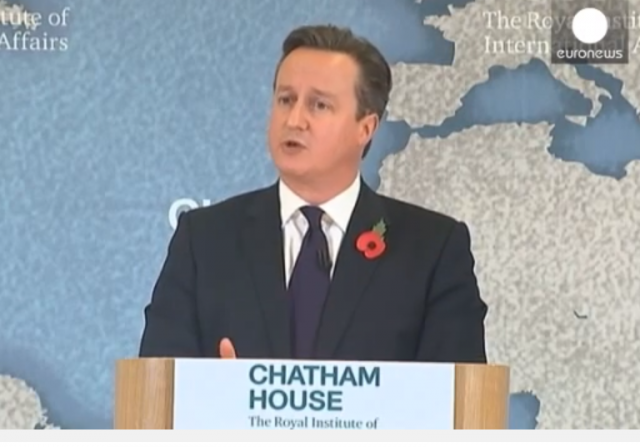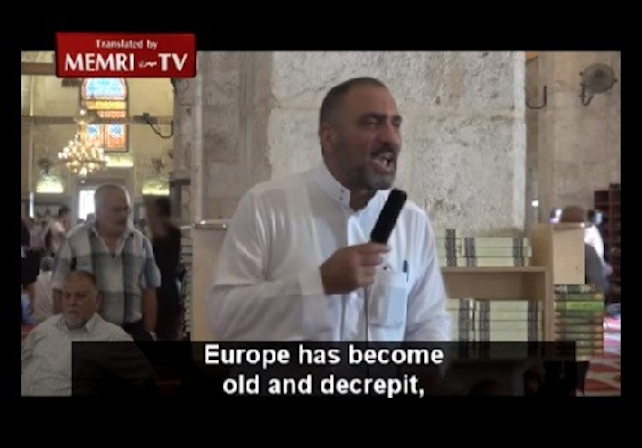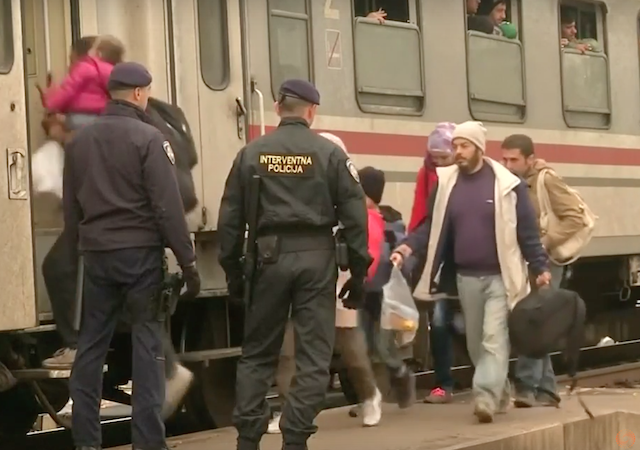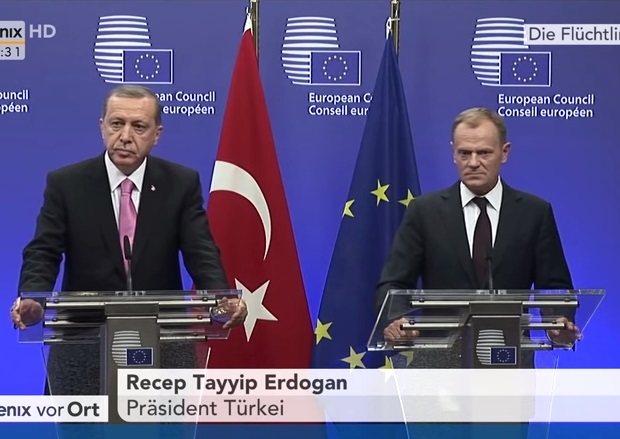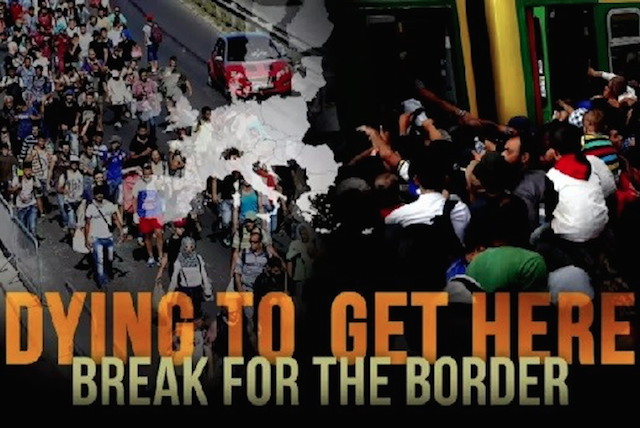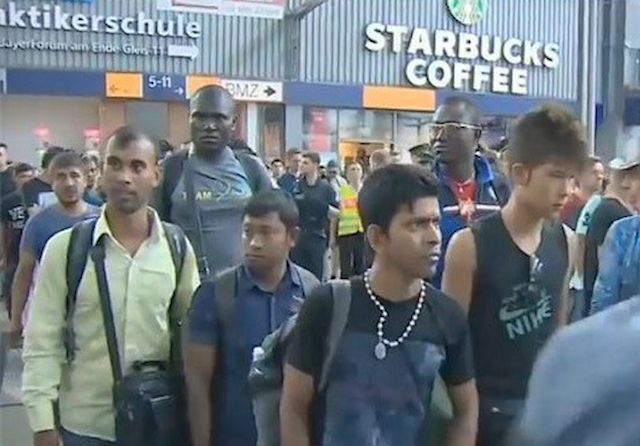France: Front National blocked, not defeated
on December 14, 2015
4 Comments
There was a sense of panic on the political stage in France as two mainstream parties Conservatives and Socialists scrambled to prevent French regional government from falling into the hands of Front National in the second round of the voting. Last week, Front National under the leadership of Marine Le Pen had emerged as the leading political party ahead of President François Hollande’s Socialists and former French President Sarkozy’s conservative Les Républicains in the first round of the French Regional Elections.
Before the second round of polling, the Socialists pulled out their candidates in key constituencies in a bid to thwart Front National. The tactical voting worked and Socialists voters opted for Sarkozy’s Les Républicains to shut out Front National from the regional government, preventing a historic win for the Right-Wing party. British Newspaper The Telegraph reports:
The far-Right Front National was thwarted in its bid to clinch a historical electoral victory in France on Sunday after failing to secure power in any of the country’s 13 regions.








